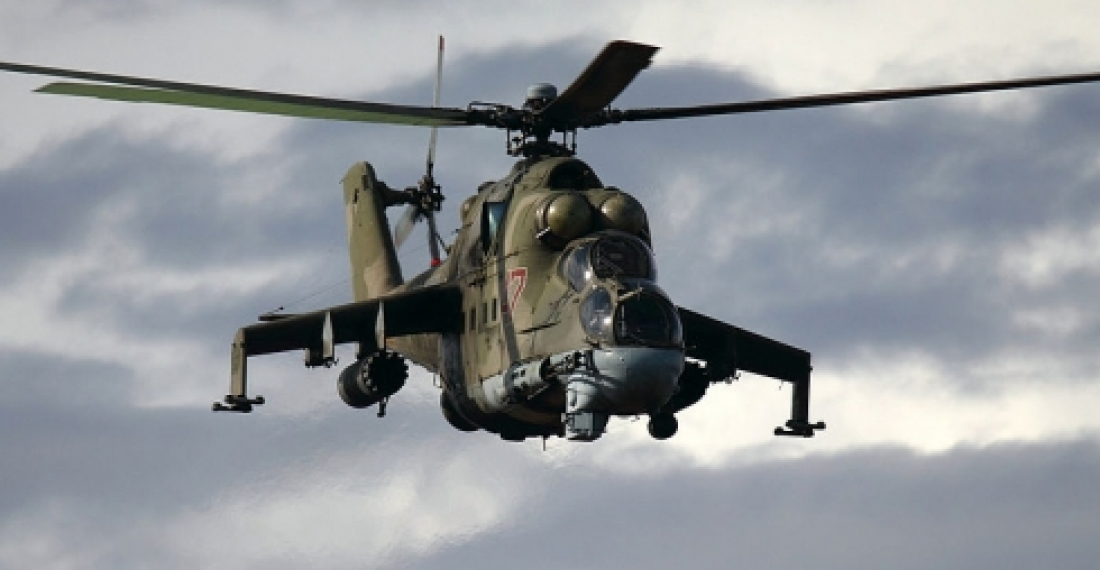Last week, the British Minister for Europe, David Lidington, announced to Parliament that the British government will continue to apply the OSCE embargo to the supply of military list equipment to military, police and security forces and related governmental entities, where this equipment could be used in the Nagorno-Karabakh region, or on the land border between Azerbaijan and Armenia.
In his statement the Minister said,
The South Caucasus is an area of strategic importance to the UK. In partnership with Armenia and Azerbaijan the UK continues to work for peace, security and mutual understanding in the region. In the 2012-13 financial year, the UK funded £1.245 million worth of projects to promote peace between Azerbaijan and Armenia. On Nagorno-Karabakh we have funded a series of projects designed to strengthen the likelihood of a peaceful resolution of the conflict by working with civil society in Armenia, Azerbaijan and NagornoKarabakh. We strongly support the work of the Organisation for Security and Co-operation in Europe’s (OSCE) Minsk Group to find a peaceful and lasting resolution to the Nagorno-Karabakh conflict. It is for this reason that the UK continues to adhere to the embargo on deliveries of military list equipment to forces engaged in combat in the Nagorno-Karabakh area in accordance with the precursor to the OSCE, the Conference on Security and Co-operation in Europe’s declaration of 1992.
The decision has been welcomed by all those who would like to see a swift and peaceful resolution to the Karabakh conflict. The British Government decision contrasts sharply with the present policy of the Russian government to flood the region with arms. These are supplied to Armenia in the framework of a military agreement through which Russia maintains military bases on Armenian territory, and to Azerbaijan against cash payments. Only a few days ago it was announced that Russia was presently delivering large quantities of attack helicopters to Azerbaijan as part of a contract. In 2010, Azerbaijan and Russia signed an agreement through which the Russian side agreed to supply Azerbaijan with 24 Mi-35M and 40 Mi-8, Mi-17 and Mi17V1 helicopters.
Commonspace.eu political editor said in a comment:
Every country has the legitimate right to defend itself, and the purchase of arms for self defence in an open and transparent manner is often unavaoidable. However the arms embargo that was imposed at the height of the Nagorno-Karabakh conflict in the early 1990s on the sale of weapons that can be used in this conflict remains relevant. The international community does not want to see another conflict in the region. If fighting on a large scale breaks out again between Armenia and Azerbaijan the number of victims this time round will be very high indeed, and the whole region will be enflamed. The sides therefore need to be supported in finding a peaceful solution to the conflict, and not in arming themselves in preparation for renewed hostilities. Russia, as a co-Chair of the OSCE Minsk Process contradicts itself when it talks peace, whilst at the same time flooding the region with weapons.
source: commonspace.eu
photo: A Russian Air Force attack helicopter, similar to dozens recently sold to Azerbaijan. Russia also supllies weapons to Armenia.







